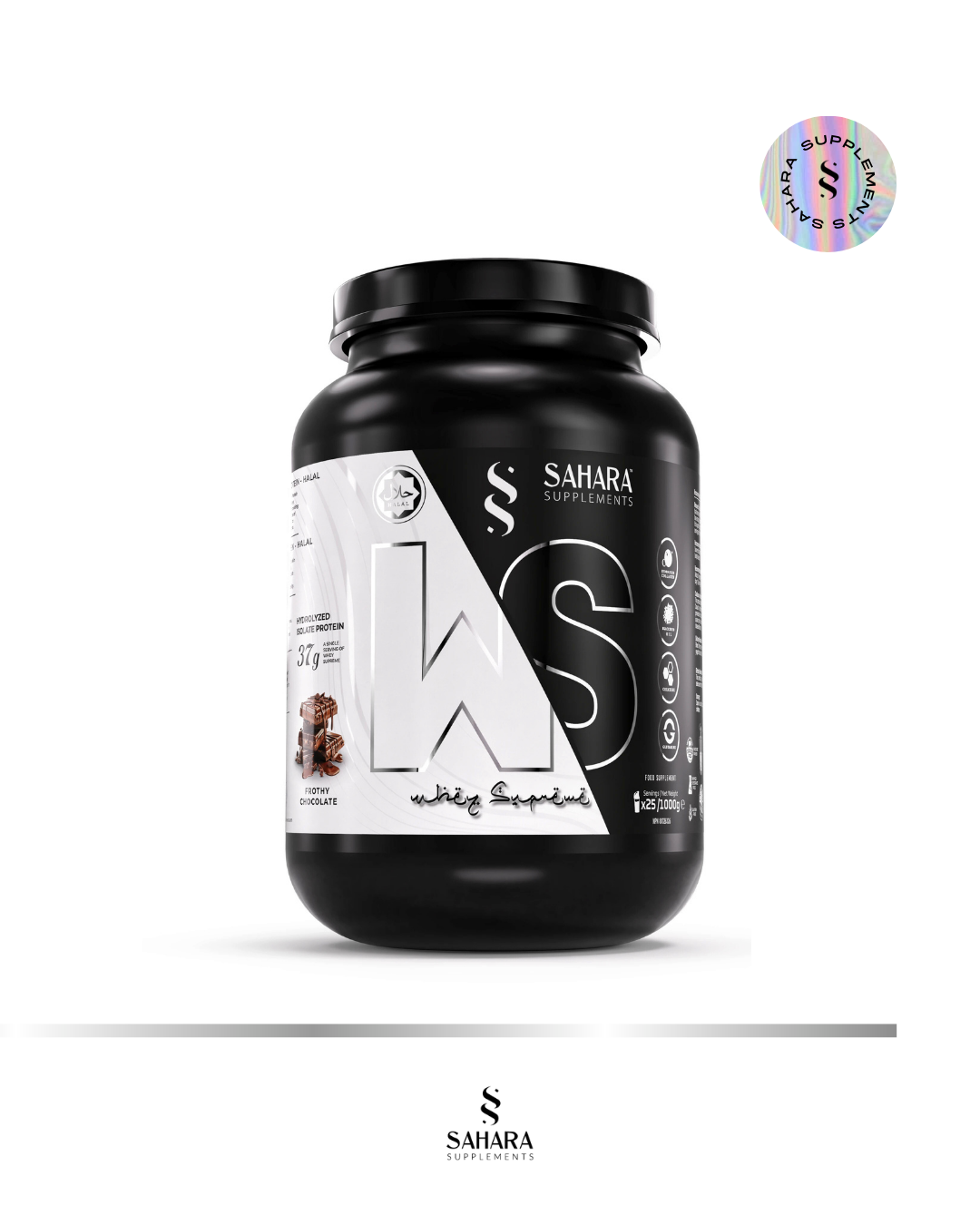Ramadan is a time for spiritual growth, self-discipline, and reflection. However, that doesn’t mean neglecting your physical health. Training during Ramadan requires a strategic approach to ensure you maintain strength, energy, and overall well-being while fasting. In this guide, we break down the best times to train and how to adjust your workouts for optimal performance.
The Best Times to Train in Ramadan
Not all workout times are created equal during Ramadan. Each window has its own benefits and drawbacks. Here’s how they compare:
1. After Taraweeh Prayers (Best Option)
✅ Pros:
-
Fully replenished and hydrated after iftar
-
Able to train at full intensity with energy
-
No risk of dehydration or low blood sugar
-
Can consume post-workout nutrition immediately
❌ Cons:
-
Late-night training can impact sleep quality and recovery
-
May require adjusting suhoor and sleep schedule
-
Some people may feel too full from iftar
If you want to lift heavy and push hard in the gym, this is the best time to train. Just ensure you give your body enough time to digest before going all in.
2. Right After Breaking Fast (Before Taraweeh, Lighter Meal Before Main Meal)
✅ Pros:
-
You’ve replenished energy with dates and water
-
Can train with moderate intensity
-
Avoids late-night workouts and disrupted sleep
-
Allows time for post-workout recovery nutrition before the main meal
❌ Cons:
-
Short workout window before Taraweeh
-
May interfere with night prayer if timing is tight
-
Not ideal for those who prefer fasted training
This window works well if you prefer earlier workouts and don’t mind a shorter session. Keep the meal before training light (dates, fruits, a Whey Supreme shake) to avoid sluggishness.
3. About an Hour Before Iftar
✅ Pros:
-
Post-workout refuel happens immediately after training
-
No late-night workout affecting sleep
-
Can train on an empty stomach for those who prefer fasted workouts
❌ Cons:
-
Most difficult time as energy levels are at their lowest
-
High risk of dehydration
-
Low intensity is recommended to prevent exhaustion
If choosing this time, keep your training light—bodyweight exercises, mobility work, or low-rep strength training are best to prevent excessive fatigue.
4. Before Suhoor (Least Recommended)
✅ Pros:
-
Can consume pre- and post-workout meals
-
Early morning workout may boost energy throughout the day
-
No risk of dehydration immediately after training
❌ Cons:
-
Early wake-up may impact sleep quality
-
Body may not be fully awake for an effective workout
-
Less ideal for heavy lifting
If you’re an early riser, this can work, but it requires discipline. Stick to light workouts like stretching, yoga, or bodyweight movements.
How to Train During Ramadan
1. Lower Intensity & Volume
Ramadan is not the time to go all out. Reduce your training intensity by lowering weights, reps, or sets. Aim for maintenance rather than muscle growth.
2. Keep Workouts 30-45 Minutes
A shorter, more efficient workout is key. Stick to compound movements and avoid excessive cardio to prevent fatigue.
3. Prioritize Strength Over Endurance
Heavy, low-rep strength training is more sustainable than high-rep endurance work. Focus on compound lifts like squats, deadlifts, and presses with longer rest periods.
4. Listen to Your Body
Fatigue will set in at different levels for everyone. If you feel dizzy or weak, modify your workout or cut it short. Ramadan is about balance, not burnout.
5. Stay Hydrated & Fuel Smartly
Hydration is key. Drink 8-10 glasses of water between iftar and suhoor and supplement with electrolytes if needed. At suhoor, focus on slow-digesting proteins and healthy fats for sustained energy.
A Balanced Approach: Strengthening Body & Soul
The Prophet Muhammad (ﷺ) said:
“The strong believer is better and more beloved to Allah than the weak believer, while there is good in both.” (Sahih Muslim)
Strength isn’t just physical—it’s spiritual, mental, and emotional. Ramadan is a test of discipline, and maintaining your health is part of honoring the body Allah has entrusted you with.
Train smart, fuel wisely, and prioritize your worship. Whether it’s a light workout before iftar or a full session after Taraweeh, choose the time that aligns best with your goals and energy levels.
Start strong, finish stronger.
Shop Whey Supreme for optimal recovery & fuel your Ramadan fasts: www.saharasupplements.com







